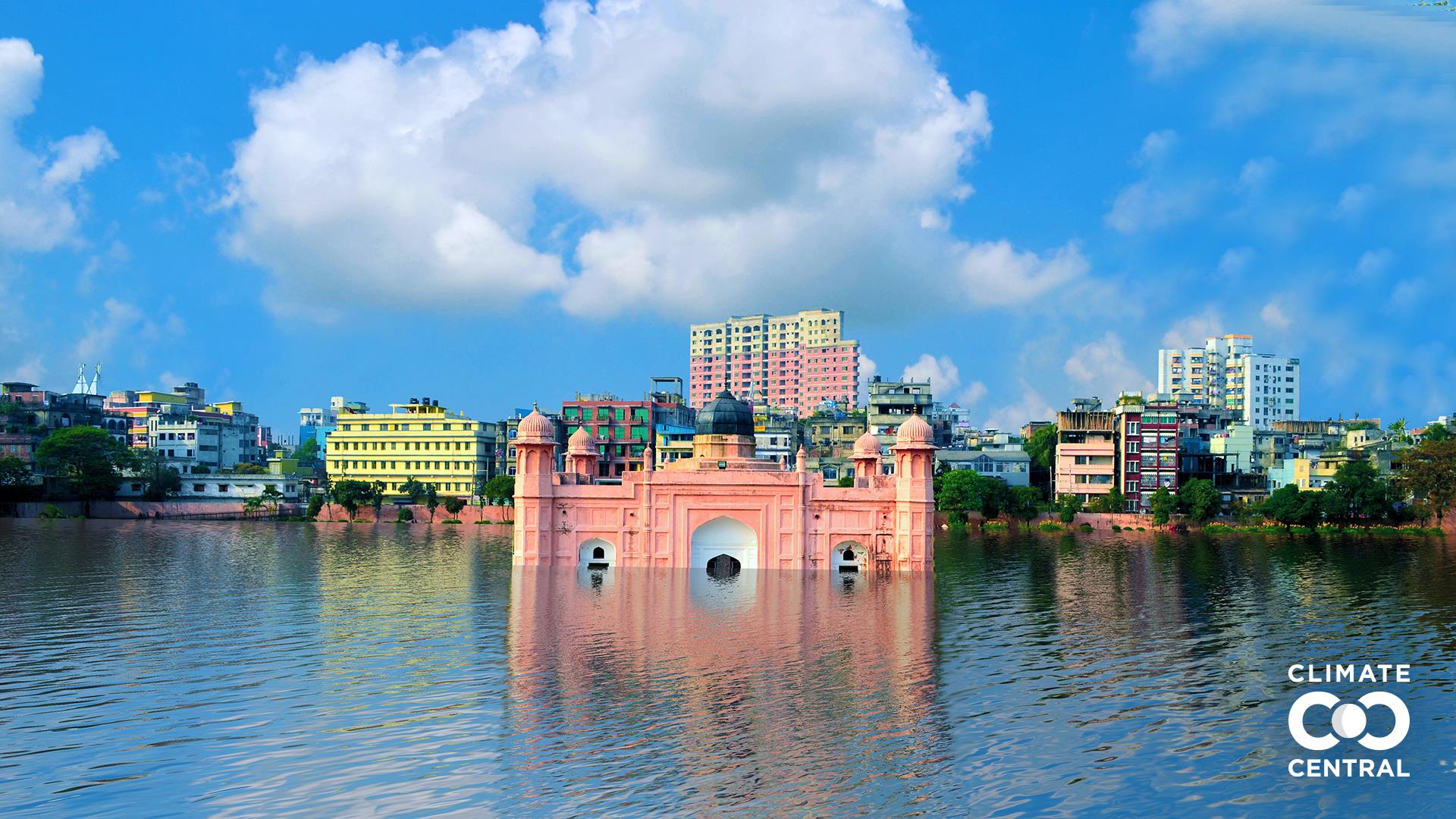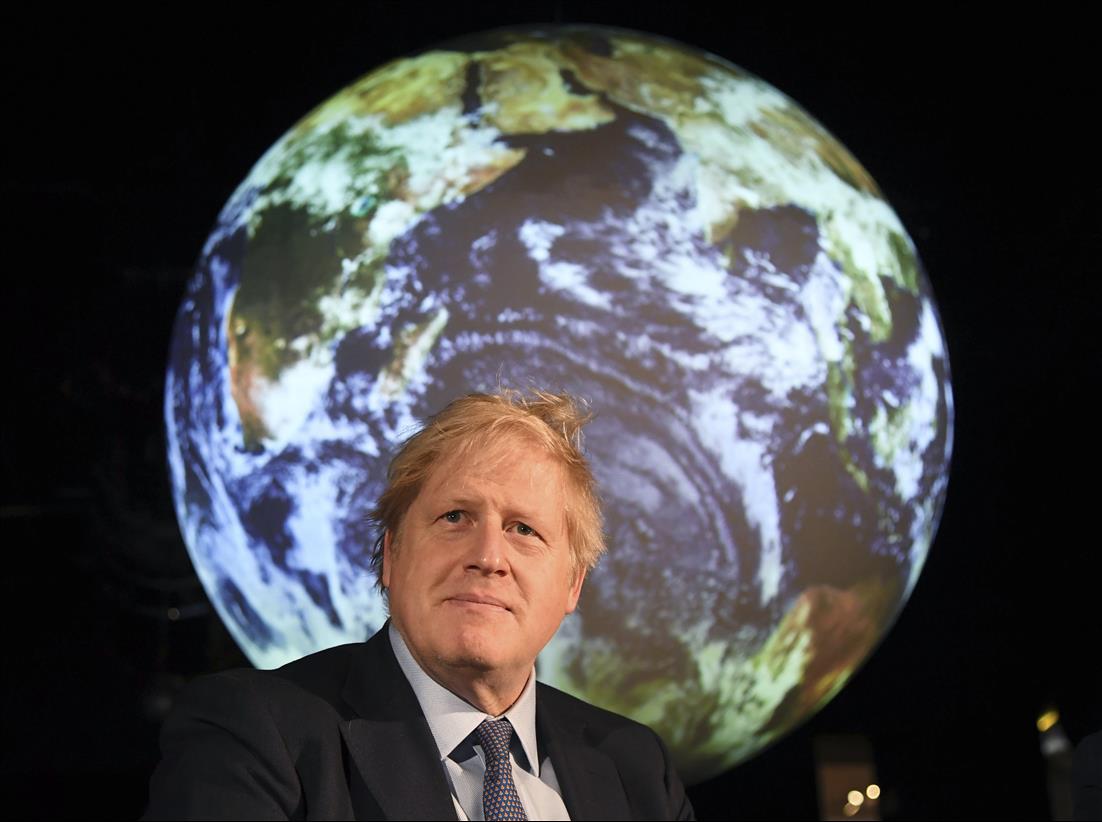
COP26: 4 ways rich nations can keep promises to curb emissions and fund climate adaptation
(MENAFN- The Conversation) The time has come for Canada and other rich nations to pony-up and pay for the devastation they have caused countries in the Global South . That means, for a start, providing far greater climate adaptation financing to low-income countries and plugging the holes that siphon their limited fiscal resources to tax havens.
Two Canadians have prominent roles at the COP26 climate meeting in Glasgow, Scotland . United Nations Ambassador Bob Rae, is co-chair of the COP26 finance panel, and Mark Carney is the UN special envoy for COP26, responsible for getting financial institutions to join the new Glasgow Financial Alliance for Net-Zero . They are experienced and highly respected individuals with solid reputations as mediators.
However, despite Prime Minister Justin Trudeau's recent climate plan, Canada's record on greenhouse gas emissions reduction has been abysmal . Furthermore, its failure to meet its climate finance commitments to developing countries will not be viewed favourably as Ambassador Rae attempts to negotiate a meaningful international climate agreement.
The UN says more than 160 financial firms are signed onto the alliance but very few are Canadian. There are no Canadian banks among the 43 banking members, and only a handful of asset owners and managers, including the Caisse de dépôt et placement du Québec. Moreover, many financial institutions have joined the alliance with sustainability plans that have been criticized as public relations exercises or greenwashing by environmental groups
Canada, one of the worst carbon emittersCanada is, historically, the 10th largest carbon emitter and the worst contributor to carbon emissions on a per capita basis. The federal government has committed to reducing carbon emissions to 45 per cent below 2005 levels by 2030. However, it has not committed to end fossil fuel company subsidies or provide an end-date for fossil fuel production, despite the urging of the UN secretary general to hold the line .
Low-income countries are tiny emitters of greenhouse gases, least responsible for climate change, yet bearing its worst consequences. In the past 15 years, 90 per cent of deaths from heat wave-related disasters have occurred in low- and middle-income countries. The UN refugee agency estimates that 21.5 million people are displaced by climate change-related disasters every year. For these countries, adaptation, not mitigation, is the overriding priority.

Lalbagh Fort in Dhaka, Bangladesh, could be partially submerged by rising seas by mid-century if the world maintains its current carbon emissions and hits 3 C of global warming. (Climate Central) , CC BY-NC-ND Create zero-interest loans
Twenty years ago, at the Copenhagen summit, rich countries promised to provide developing countries US$100 billion a year in climate finance by 2020. They have yet to meet this target .
Canada has contributed less than 20 per cent of its fair share . Even with the Trudeau government's promise to double climate financing to US$4.2 billion over five years, US$840 million per year, this is still only 24 per cent of its fair share. The Group of 78 , of which I am a member of the executive, has called for a quadrupling of Canada's financing commitment as a bare minimum.
Moreover 80 per cent of rich country financing is in the form of loans, increasing the stress on countries already struggling to manage their debt burdens.
International Monetary Fund-created money, or special drawing rights , which is allocated to countries based on their economic size, is largely unused by rich countries. Although discussions are ongoing, there has been no commitment to recycle these funds into zero-interest loans to low-income countries.
Tax havens harm climate actionTax havens have disproportionately siphoned off wealth from low-income countries, a post-Second World War legacy of former colonies gaining independence that prompted the exit of colonial wealth via the proliferation of tax havens. Their losses have been accentuated during the pandemic.
According to a report by the tax justice network these countries are losing the equivalent to more than half of their yearly public health budgets due to the shifting of multinational corporations profits to tax havens . The loss is equivalent to eight per cent of rich countries' health budgets.
More than 130 countries, including Canada, have reached an agreement, co-ordinated by the OECD, that would establish a minimum of 15 per cent corporate tax to restrict tax avoidance and evasion . However, it has been sharply criticized as being rife with loopholes and carveouts. Oxfam accused it of pandering to corporations, having“practically no teeth” and offering no revenue for the world's poorest countries.
Read more: Paid millions to hide trillions: Pandora Papers expose financial crime enablers, too
Tax havens are enabled by an infrastructure of lawyers, accountants and bankers, including some from Canada. Rich countries' efforts to restrict and bring greater transparency to international tax rules have largely fallen short.
Even by that standard Canada has been a laggard. The Liberal government recently increased the investigative resources of the Canada Revenue Agency and promised in its most recent budget to address cross-border tax avoidance and evasion schemes. How effective these will be in reining in these actions by wealthy individuals and corporations; past inaction does not bode well going forward. Carney will have his work cut out for him if, or when, he addresses these issues at COP26.
No more blah, blah, blahTo its credit, Canada, along with several other developed countries, is a member of the High Ambition Coalition , a group at the UN talks comprising many of the poorest and most vulnerable developing countries. But good intentions and empty promises will not pass muster. We don't need more“blah blah blah,” to quote Greta Thunberg.
The UN Human Rights Council recently recognized access to a clean and healthy environment as a fundamental right and established a special rapporteur on the human rights impacts of climate change . These developments have the potential to make major emitting companies, including Canada's, legally liable for human rights violations arising from climate change.
Hopefully, this will put additional pressure on rich countries to get serious about climate financing, debt restructuring and development funding for poor nations. Inaction is a luxury we can no longer afford.

Legal Disclaimer:
MENAFN provides the
information “as is” without warranty of any kind. We do not accept
any responsibility or liability for the accuracy, content, images,
videos, licenses, completeness, legality, or reliability of the information
contained in this article. If you have any complaints or copyright
issues related to this article, kindly contact the provider above.

















Comments
No comment